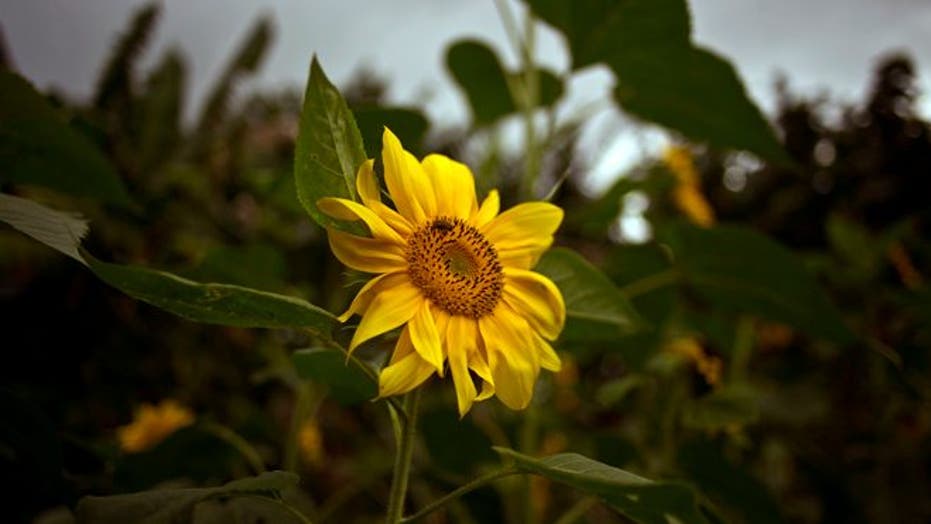SAN ANTONIO DE LOS BANOS, Cuba (AP) – Yaima González Matos lost her job in human resources at a state-owned enterprise three years ago. So she joined the ranks of Cuba's small class of entrepreneurs and became a wholesaler in the island's new private flower business to support herself and her son, now 11.
Every Monday and Thursday at 7 a.m., González leaves her home in San Antonio de los Banos, a town outside Havana, to visit a dozen farmers who sell her sunflowers, orchids, lilies and other blooms. She loads the flowers into a 1957 Buick and begins her deliveries to customers in the capital. She pays her driver about $20 a day including gas.
On a good day, she earns about $28 after expenses, a little more than the average monthly salary in Cuba.
It's a tough job: Gonzalez's suppliers hardly ever fill all her requests for reasons that range from bad weather to competitors outbidding her. The smallest mishap can push her balance sheet into the red for weeks. On a recent Thursday, someone reached into the car and stole her cellphone while she was talking to a client who sells flowers on the street. Some days, the old Buick breaks down, leaving her stranded on the roadside.
She says she works only two days a week because there isn't enough demand to support more business. But often those days last 12 hours, and she gets home long after her mother has bathed her son and put him to bed.
González is hopeful that the recent warming of relations with the U.S. will improve Cuba's economy, and more money will trickle down to her business. She dreams of one day having a business big enough to let her buy a truck and sign a supply contract with a hotel.

